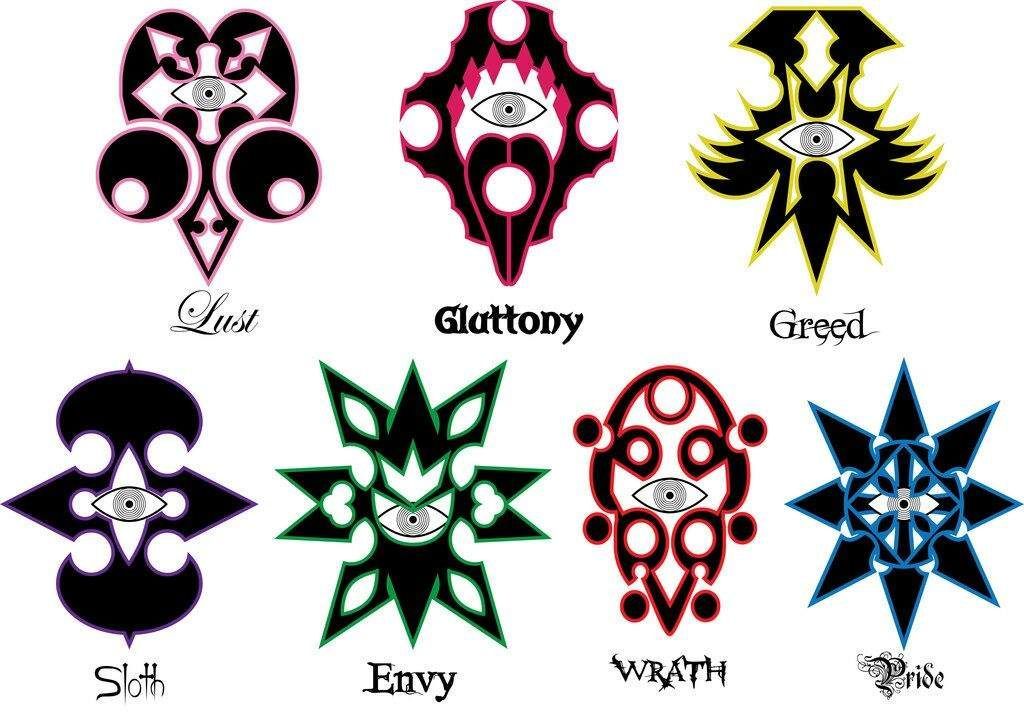Company culture and how it contributes to conflict | 80:20 Conflict Management Strategies
You may not realize it, but your company's culture is a major contributor to workplace conflict. Learn more about how to identify and fix the issue before it becomes a problem.

I’ll be the first to admit that I’ve had my share of conflicts with coworkers. Whether it was because we simply didn’t get along or we had different ideas about how things should be done, there have been times when I wish I could just avoid them altogether. But as much as I may not like it, conflict is a natural part of any workplace. In order for a company to run smoothly and achieve its goals, it’s important that everyone be on the same page and that means dealing with conflicts when they come up. So how can you create a company culture that minimizes conflict and promotes cooperation? Read on to find out!
Company culture is the personality of a business. It's what makes employees want to stay at a company and drives innovation. From the way a company dress code to the way it celebrates success, company culture sets the tone for how employees interact with each other and clients. However, culture can also contribute to conflict in the workplace. Different generations have different ideas about what is appropriate behavior, and clashes can occur when these values collide. For example, Millennial workers may be more comfortable with open communication and collaboration, while Baby Boomers may value hierarchy and respect for authority figures. To reduce conflict, companies should make an effort to clearly communicate their culture to all employees and provide training on how to interact with co-workers from different backgrounds. By understanding company culture, employees can be more patient and tolerant of each other, creating a more harmonious workplace.
Now clearly there's no such thing as a perfect company culture. Just ask any HR manager. In fact, according to a recent study, 90% of HR professionals say that company culture is either "somewhat" or "very" important. But what exactly is company culture? And how can it lead to conflict?
Company culture can be defined as the shared values, beliefs, and behaviors that shape the way employees interact with each other and with customers. It's what makes your company unique. And while there are many different types of company cultures out there, they can generally be grouped into four categories: hierarchical, family-oriented, achievement-oriented, and people-oriented.
Hierarchical cultures
are those that place a high value on formal rules and procedures. Employees in these organizations often have a clear sense of hierarchy and know exactly where they fit into the organization.
Family-oriented cultures
, on the other hand, tend to be more relaxed and informal. Here, employees are treated more like members of a family than pieces of a puzzle.
Achievement-oriented cultures
are focused on results and typically have high levels of competition. Lastly,
People-oriented cultures
place a strong emphasis on employee development and satisfaction.
Of course, anyone who has ever worked in an office knows that company culture can be a delicate balancing act. On the one hand, you want to foster an environment of creativity and collaboration. But on the other hand, you also need to respect individual differences and prevent conflict. So how do you achieve the perfect balance? Here are a few tips:
First, make sure everyone is on the same page. It's important to have a clear mission statement and values that everyone can buy into. This will help to create a strong sense of purpose and unity within the team.
Second, encourage open communication. If people feel like they can speak up without fear of retribution, it will go a long way towards preventing tension and fostering a more collaborative environment.
Third, provide training on conflict management and mediation. If problems do arise, it's important to have a process in place for resolving them quickly and effectively. By teaching your team how to manage conflict, you can help to avoid major problems down the road.
By following these tips, you can help to create a positive company culture that will foster creativity and collaboration while respecting individual differences.
There's no doubt that maintaining a healthy company culture is good for business. In fact, studies have shown that businesses with happy employees enjoy lower turnover rates, higher productivity levels, and increased profitability. But how exactly do you create a positive workplace culture? Here are a few tips:
1. Foster open communication: Encourage employees to share their ideas and concerns freely. Make it easy for them to give feedback, both positive and constructive.
2. Promote teamwork: Encourage employees to work together towards common goals. Encourage collaboration and praise team accomplishments.
3. Respect your employees: Treat your employees fairly and with respect. Show appreciation for their hard work and dedication.
4. Offer perks and benefits: Offer employees perks and benefits that improve their quality of life. This could include things like flexible hours, free snacks, or gym memberships.
By following these tips, you can create a healthy company culture that will benefit both your employees and your business as a whole.
Creating a healthy company culture is essential for the success of any business. By following the tips we’ve outlined in this blog post, you can create a work environment that is beneficial for both your employees and your bottom line. If you want help putting these ideas into practice or would like to learn more about how to manage conflict within your organization, bring us in for a seminar. Our team of experts has years of experience helping businesses just like yours foster positive communication and resolve conflicts quickly and effectively. What are you waiting for?
Randy








